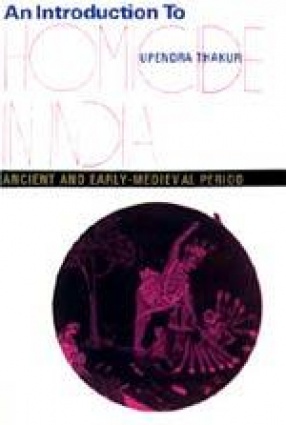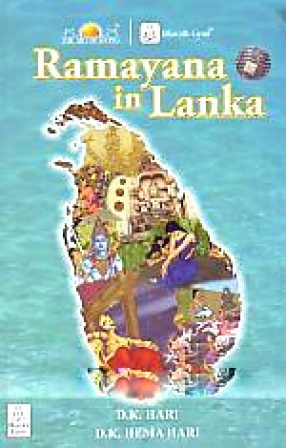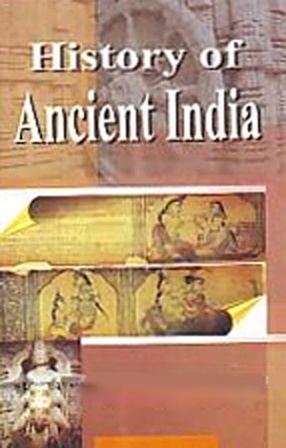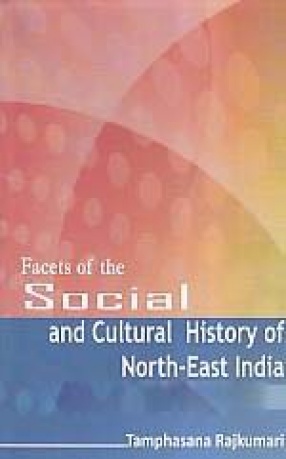The study of crime in ancient India is not a matter of antiquarian interest only. This study may be found to be profitable by the society because of its having a certain amount of bearing on the problem of combating the growing criminality of our present day society. It may have some lessons or at least some hints, to give on its solution. In fact, there is no human phenomenon which is more baffling than homicide and suicide. It has always puzzled and intrigued the thinking man to this day there is not a single undivided opinion on these aspects of crime. Although homicide has been universally condemned all through the ages by our ancient seers and philosophers it has continued unabated and so also its implications on the society. Crime, according to modern legal definition, is an act forbidden by law under pain of punishment. But, it is the firm and abiding conviction of the writers of Dharmasastra of all climes and ages that it is beyond the cognitive faculties of human beings, individually or collectively, to know the why of rightfulness or wrongfulness of any human action. The present illuminating study is the first of its kind to focus attention on this unusual subject which forms the topic of its study and tackles it from every conceivable angle. In it origins of homicide have been traced in history; its various manifestations in different religions and societies have been discussed in detail; its modes, past and present, have been outlined and enumerated; views for and against have been presented and, above all, the need for positive action in planning and executing measures to curb this obnoxious evil has been emphasised.
ABOUT THE AUTHOR Upendra Thakur
Dr. Upendra Thakur (1928-1990) worked as Professor and Head of the Department of Ancient Indian and Asian Studies (1969-1990) and as Head of the Department of Buddhist Studies (1984-90) at the Magadh University Bodhgaya and as Director, Nava Nalanda Mahavihara (Nalanda Pali Institute), Nalanda (No. 1988-Jan 1990). A widely traveled scholar, Professor Thakur visited Yugoslavia, West Germany, Italy, Austria, USSR, England and Egypt (1969); Thailand, Laos, Vietnam, Cambodia and Burma (1972, 1977, 1979 & 1984); Australia (1979); Malaysia (1980); Japan and USA (1981); Sri Lanka (1982); Kathmandu (1981 & 1985); London and Hamburg (1981 & 1986) and other countries of the world in connection with lecture-tour, international conferences and seminars. He also presided over many seminars and conferences in India and abroad. Professor Thakur also worked as General Secretary of the Numismatic Society of India (NSI: 1977-82) and as Chief Editor of the JNSI (1983-1985). At the time of his sad demise in December, 1991, he was the Vice-President of the Bihar Research Society, Patna and Chief Editor of its Journal (JBRS); Chief Editor, Proc. IBBA, Tokyo-Bodhgaya; Chairman of the ‘International Board of Consultative Editors’. World of Buddhism (WB), Sri Lanka; Member, The Research Board of Advisors, The American Biographical Institute, USA, Member of the International known Explorers club of New York, USA and also recipient of the Akbar Silver Medal of the NSI. He was again honoured by the NSI along with other eminent historians of India in its Platinum session at patna (1987). He was also awarded the ‘Bharatiya Sanskriti Puraskara, by the Government of Bihar for his work Sahitya aura Sanskriti: Kucha Cintana (in Hindi). Professor Thakur published several books and more than 160 research papers including History of Mithila, History of Suicide in India, Studies in Jainism and Buddhism in Mithila, The Hunas in India Mints and Minting in India, Some Aspects of Ancient Indian History and Culture. Corruption in Ancient India, An Introduction to Homicide in India, On Karttikeya, Madhubani Painting, Some Aspects of Asian History & Culture, Indian Missionaries in the Land of Gold, Socio-economic Life in Early Medieval Mithila, Studies in Indian History, India and Japan: A Study in Interaction, and many other books in joint editorship (all in English), Sahitya aura Sanskriti: Kucha Cintana, Baudhadharma: Desa-Videsa and Mughala Kaltna Bharata (in Hindi) nd Mithila Ka Itihasa, Mithila Ka Lokakala O’ Silpakala and Mithila Ka Sarasvata Sadhana (in Maithili).






There are no reviews yet.